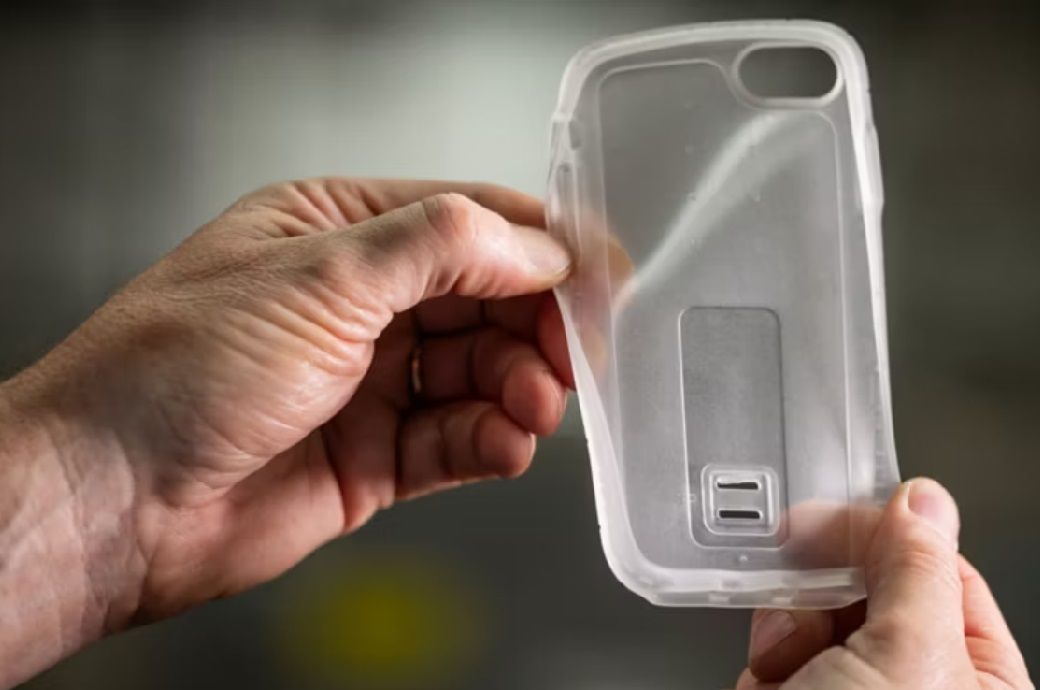
Eastman and Lubrizol have successfully partnered on improving adhesion strength of thermoplastic elastomers (TPEs) overmolded onto Eastman Tritan copolyester TX1501HF. The collaboration stemmed from a mutual recognition of overmolding's importance in manufacturing while delivering improved product performance and aesthetics in consumer goods when using Eastman’s sustainable material, Tritan Renew, and Lubrizol’s ESTANE ECO, renewably sourced TPU.
The companies researched how specific processing variables impact the adhesion strength of overmolded samples produced through 2K injection molding. The study’s findings are believed to be applicable across various TPE and substrate combinations. This is of particular interest when mechanical interlocks cannot be used and material changes are not feasible but improvements in adhesion strengths are desired.
By optimizing key TPE processing variables like mold temperature, pack and hold time, and TPE barrel temperature, the research team achieved a notable 124% improvement in adhesion strength compared to values obtained using nonideal processing conditions. An additional improvement in adhesion strength was observed when Lubrizol’s ESTANE ECO 12T80E and 16T85 TPU grades were used. These grades displayed the highest peel strength values (> 310 N) of all TPEs evaluated in this preliminary study.
“This was a unique opportunity for two leading material companies to leverage sustainable multi-material solutions that enable customer innovations and expand the limits of consumer product experiences,” said Vince Haas, Lubrizol’s engineered polymers senior business director.
“This effort has advanced our understanding of overmolding and TPEs, providing valuable guidance for engineers and manufacturers looking to improve overmolded product strength,” said Courtland Jenkins, Eastman’s commercial director for engineered solutions. “These findings open doors for new and innovative product designs, particularly when using recycled content.”
Fibre2Fashion News Desk (HU)